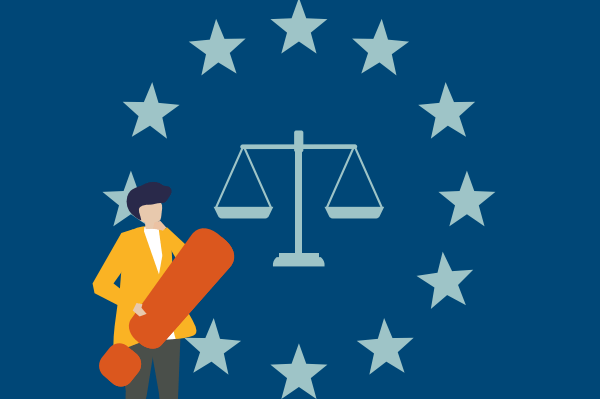
Romanian NGOs rally to hospitals’ aid during Covid-19 pandemic
June 3, 2020
Handbook launches to help CSOs use EU law to protect civic space
June 11, 2020New face-to-face (F2F) fundraising standards in Norway have been widely welcomed after field trials with over 2,000 members of the public produced higher sign-up rates than before the pandemic set in. The trials also indicate changes in people’s preferences for F2F interactions with charities and NGOs.
F2F fundraising is one of the largest sources of voluntary income for non-profit organisations in Norway. Due to the spread of Covid-19, the sector opted to close down all F2F activity in March 2020 and appointed a working group to plan for the safe return of the channel.
With a mandate from Norwegian Fundraising Association (Norges Innsamlingsråd), the committee included representatives from Unicef, Doctors without Borders, the Norwegian Red Cross, the Norwegian Air Ambulance Foundation and the Norwegian Blind Federation. Together, they developed and trialled new fundraising guidelines, asking other charities to refrain from any F2F activity during that period.
Development of new guidelines
The new guidelines highlight the importance not only of maintaining physical distance from one another, ensuring good hygiene, regularly cleaning iPads and other equipment, and following infection control guidelines, but of training fundraisers in how to manage and uphold distancing requirements. Conversations are limited to a maximum of 15 minutes.

Karl Rohde-Naess, Norwegian Air Ambulance Foundation
Karl Rohde-Næss, marketing manager at the Norwegian Air Ambulance Foundation and chair of the working committee, says:
“For face-to-face to be a success, it’s critical that the public is safe and feels safe. And the same applies to fundraisers too. So, this meant waiting for the right time to relaunch face-to-face and rethinking the way we do it.
“We waited until hairdressers were open again, on the assumption that if people were happy to get close enough for a haircut, then they would be more likely to feel comfortable about talking with fundraisers. Most fundraisers didn’t wear face masks or shields as there was no directive from the Government on this and we had worries that knocking on people’s door with a face covering could feel intimidating for the public, but many wear muffs that can be worn around the neck and pulled up when needed.
“One of the biggest challenges is for fundraisers to learn to keep their distance. Prospective supporters often step forward during the conversation into the ‘no-go zone’ and it can be difficult for fundraisers, who are used to working hard to engage the public in conversation, to discourage them. That’s where specific practice and training has been so important, helping them know how to handle it and what to say.”
Findings from the F2F trials
During the trials, which were conducted this May, one in every 8 conversations recruited a supporter, compared with one in 10 in 2019. Fundraisers reported that interactions in shopping centres and stands on the street were more likely to be positive than conversations held on the doorstep (79% vs 58%). While 12% of the public proactively commented on how good it was to see fundraisers back in action, only 3% made a negative remark.
While door-to-door fundraising had a higher sign-up rate ahead of the pandemic, now it is fundraising stands that are yielding stronger results. The tests saw one supporter recruited for every six conversations at a fundraising stand and one for 10 conversations on the doorstep.
Rohde-Næss adds:
“We were really surprised by the results; how responsive the public have been and how keen they were to talk.
“But the trials did pick up a level of fear among fundraisers that needed to be addressed. Every tenth fundraiser experienced some kind of concern during the process and we worked hard to identify what was the critical moment that made them feel that way. Mostly, it was the actual signing up process. So, we changed the methodology, offering a touch-free solution with software that enabled the donor to complete a declaration on their own mobile device and transmit it back to the fundraiser’s iPad. This helped fundraisers feel much more safe during the process.
“We also developed badges stating ‘We keep our distance’. This was a reassuring message to convey to the public, while also discouraging them from stepping forward. Regularly cleaning hands and equipment visibly in front of supporters also helped to reinforce the message.”
The national guidelines are now in place across Norway and the committee will continue to monitor feedback from the public as the F2F market opens more fully. Further findings are being presented at the Global F2F Fundraising Summit; a virtual event on 3 June, coordinated by the International F2F Congress Committee, Fundraising Association Austria and hosted by Fundraising Everywhere.
Related article: New quality standards for F2F fundraising in a socially distanced world




